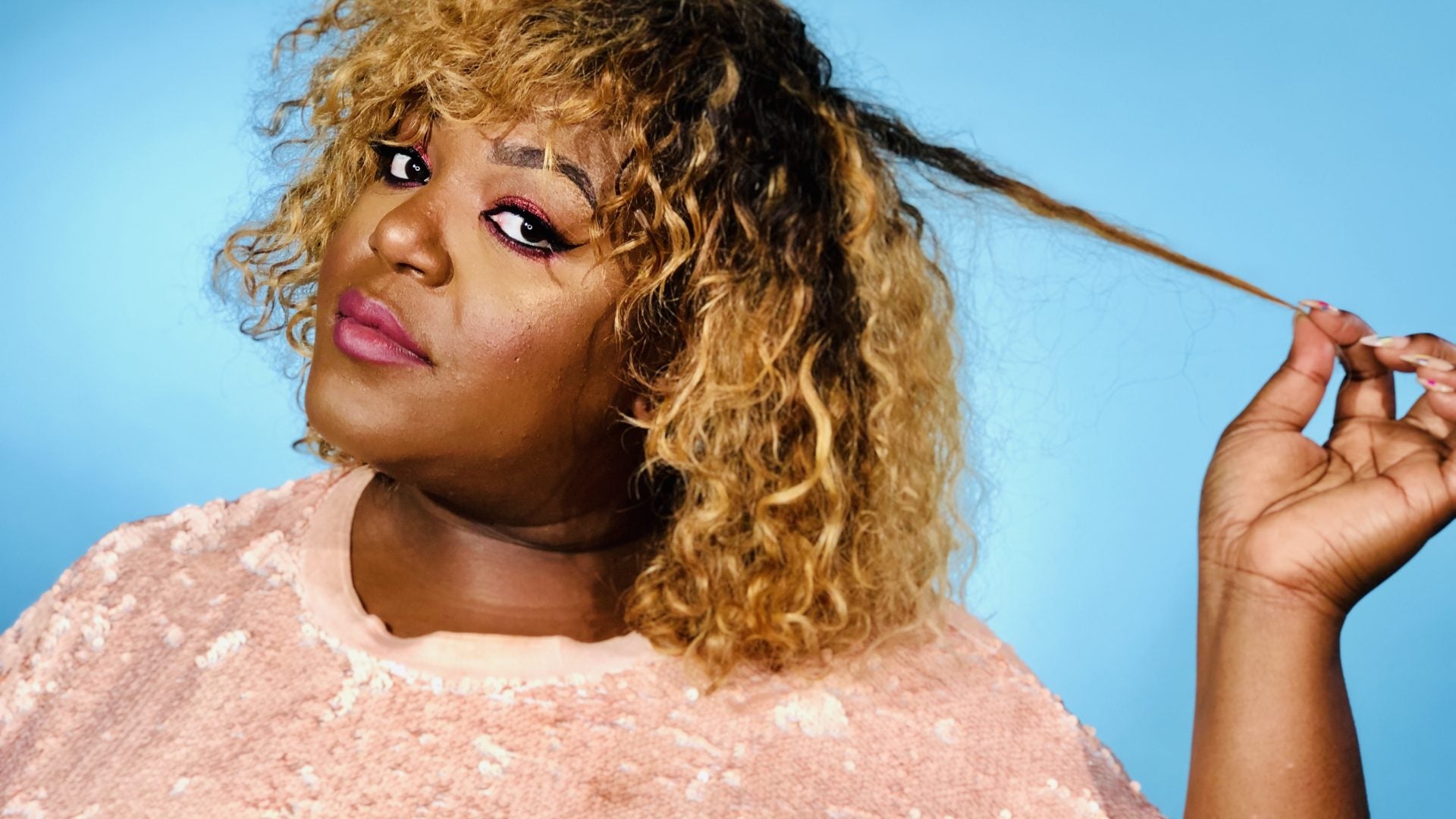
For me, the Black crown has always represented rejection, assimilation, self-expression and, finally, acceptance. God bless my mama, but she made sure my tresses were dressed in plaits or in various ponytails while I was growing up. Even now, I rock cornrows underneath my blond, wavy bundles. My coils have never really known freedom.
Now, my mama never directly told me that my strands needed to be tamed, but she ensured that they were “presentable” at all times. Every weekend, after washing and blow-drying my hair, she’d heat up the hot comb to sizzle my kinky texture into submission.
The Black mane continues to be a sensitive subject. Whether they’ve been touched by unwanted hands or spurned by employers, schools, or strangers, our hair follicles are tired. The exhaustion goes beyond society’s rebuffing—it’s about the double standard of our hairstyles being accepted when they’re worn on non-Black heads yet frowned upon when they adorn our own.
Black hair is not and will never be “just hair.” It’s wrapped up in our identity. That’s why when non-Black people sport their locks in ways that are widely considered to be derived from Black culture, many of us get offended. Some people may see the act as a form of flattery, but there’s nothing flattering about this extreme imitation, absent of any of the systemic discrimination that Black women face. The cultural significance of our strands disappears when others wear our looks as a style statement or trend. It should not be unexpected that Black people have some feelings over non-Black people donning our hairstyles for fashion. For those ready to argue that it’s no big deal or that we should be happy to see our ethnic ‘dos embraced by the masses, be aware that the way we rock our locks is about more than beautiful self-expression, but a manifestation of cultural identity.
With the natural hair movement continuing to impact society, it’s as though Black women are finally getting the chance to love our natural tresses fully for exactly what they are without backlash. In the U.S., hair discrimination bans are being enacted to protect those of us with Afros, braids and locs—hairstyles that have constantly been deemed unprofessional or unsightly by critics. Those who harbor racist beliefs often claim the styles are distracting, messy or unclean.
But perhaps the biggest argument against Black hair appropriation and for the freedom to wear our hair the way we want goes back to the fact that we’ve had to survive centuries of oppression—slavery, Jim Crow, redlining and so much more. And we did so in the looks passed down from our ancestors, from those who were enslaved and forced to toil on plantations, and from those who followed thereafter. Our ability to endure speaks to the resiliency of Blackness. And for as long as these hairstyles shall live, it’s only right that they stay on the heads of Black people.